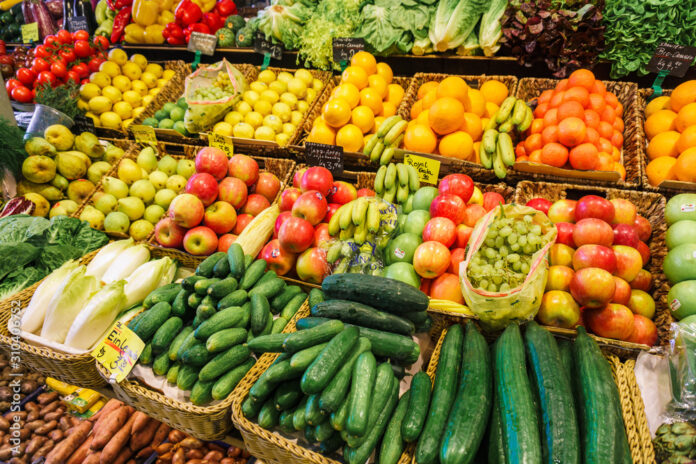By Flavia Ajok
The annual inflation rate in Uganda has surged, largely due to the significant increase in the prices of fresh leafy vegetables and tomatoes.
The Uganda Bureau of Statistics (UBOS) released its Consumer Price Index (CPI) report for the 12-month period ending in May 2024, revealing a notable rise in headline inflation to 3.6 percent, up from 3.2 percent in April.
Tomatoes experienced a staggering price hike of 19.5 percent during the year ending May 2024, compared to a modest 3.4 percent in April. Similarly, fresh leaf prices rose by 13.5 percent over the same period, a sharp increase from the 1.6 percent recorded in April.
“These commodities are seasonal and this has made their prices going high’’ said Edgar Niyimpa, a principal statistician at UBOS.
“These two commodities spearheaded the upward trend in prices, contributing to a rise in the annual food crop and related items inflation to minus 1.4 percent, a notable improvement from the minus 2.4 percent seen in April.’’
Niyimpa emphasized that core inflation also climbed to 3.7 percent, primarily driven by increases in road passenger transport and restaurant meal prices.
Additionally, the Energy Fuel and Utilities (EFU) inflation surged to 9.5 percent for May, mainly due to significant increases in charcoal, firewood, petrol, and diesel prices.
Geographically, Jinja recorded the highest inflation rate at 5.1 percent, followed by Kampala’s high-income segment at 4.6 percent. Conversely, the middle-income sector in Kampala reported the lowest rate at 2.0 percent.
On a month-to-month basis, commodity prices rose by 0.2 percent, a slight decrease from the 0.4 percent increase observed in April.
This decrease was attributed to lower rates of monthly price increments for other goods and food crops, including vegetables, tubers, plantains, and cooking bananas.
The report also highlighted specific decreases in cooking banana, onion, pineapple, and passion fruit prices in May compared to April. Diesel prices experienced a slight decrease from the previous month as well.
In summary, the surge in fresh vegetable prices, particularly tomatoes, has played a significant role in driving Uganda’s annual inflation rate higher, impacting various sectors of the economy and influencing consumer spending patterns.




